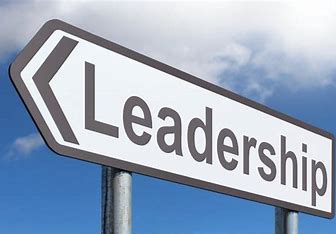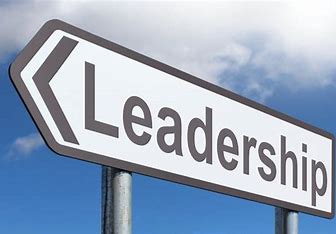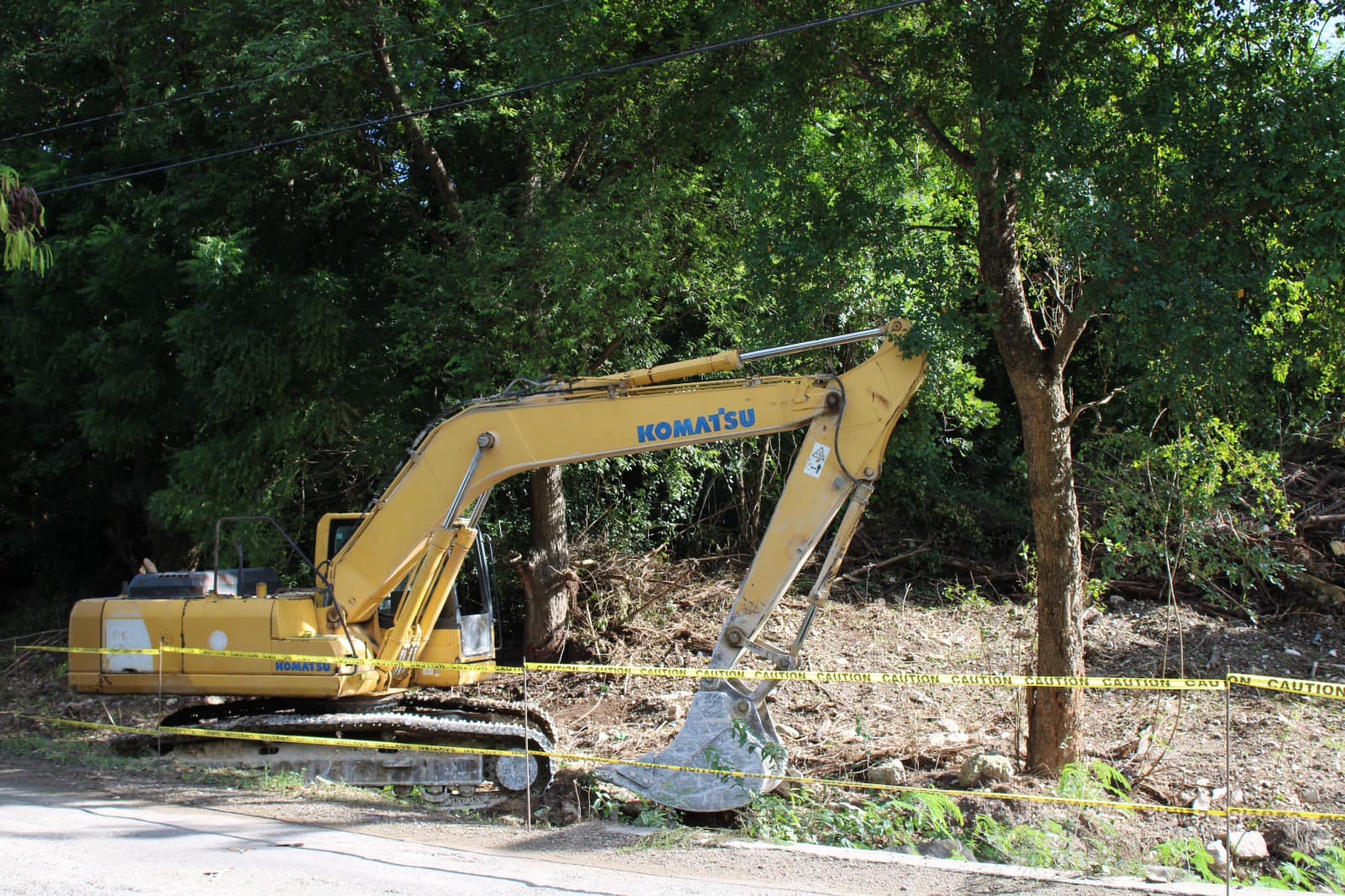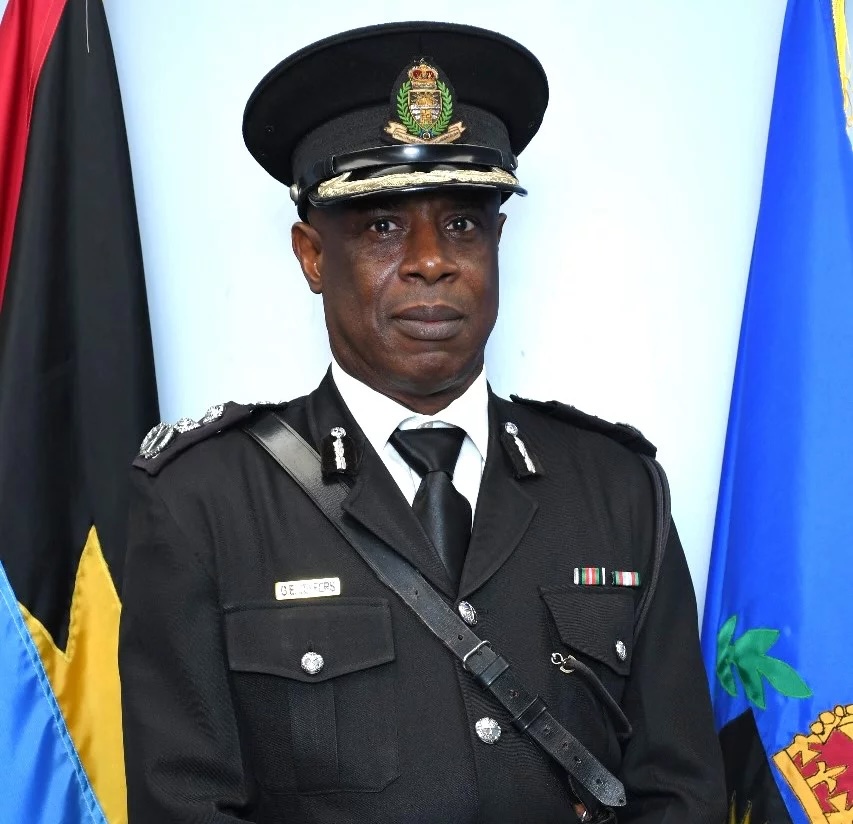


by Garfield Joseph, MBA
The Caribbean region has long exemplified the power of visionary leadership, resourcefulness, and capability.
The results we achieve as nations are deeply intertwined with the quality of our leadership, the resources at our disposal, and our ability to harness these resources effectively.
Over the past decade, the performance of Caribbean economies has highlighted the importance of these factors, showcasing both remarkable successes and ongoing challenges.
Economic Performance in the Last Decade
Over the past decade, Caribbean economies have experienced varied growth.
While some nations have seen impressive economic strides, others have faced stagnation.
According to the Economic Commission for Latin America and the Caribbean (ECLAC), the average annual growth in the region was around 1% from 2015 to 2024.

Despite this modest growth, certain countries have demonstrated resilience and innovation, driving their economies forward.
For instance, the World Bank reported that some countries in the region experienced a significant GDP contraction of 16-20% in 2020 due to the COVID-19 pandemic.
However, as tourism returned, the region saw an uneven recovery with an average growth of 9.7% in 2021. The growth rate slowed to 7.9% in 2022 due to a worsening global economic environment.
Transformational Leadership: A Historical Perspective
The Caribbean has been shaped by leaders who have made lasting impacts on their nations.
Leaders like Michael Manley of Jamaica, Sir Vere Cornwall Bird of Antigua and Barbuda, and Errol Barrow of Barbados exemplified transformational leadership.
They were not only charismatic and visionary but also deeply committed to the social and economic development of their countries. Their leadership styles were characterized by a focus on social justice, economic independence, and national pride.
Recent Leaders and Their Impact
In recent years, leaders such as Gaston Browne of Antigua and Barbuda, Mia Mottley of Barbados, Ralph Gonsalves of St. Vincent and the Grenadines, and Andrew Holness of Jamaica have continued this legacy of impactful leadership.
Gaston Browne’s Exceptional Leadership
Over the past decade, Antigua and Barbuda has shown impressive economic growth relative to the rest of Latin America and the Caribbean.
Prime Minister Gaston Browne has distinguished himself as a leader in the Caribbean, particularly in managing Antigua and Barbuda’s economy over the past decade.
Since taking office in 2014, Browne has implemented policies that have significantly boosted the nation’s economic performance. Under his leadership, Antigua and Barbuda has seen consistent economic growth, with a notable 6% growth rate in 2024.
This growth has been driven by efforts to diversify the economy, including investments in tourism, infrastructure, education, and climate resilience.
Browne’s administration has also focused on reducing the national debt and improving fiscal stability.
His government’s proactive approach to economic management has positioned Antigua and Barbuda as one of the more resilient economies in the Caribbean, even in the face of global economic challenges.
This superlative performance sets Antigua and Barbuda apart from many of its regional counterparts, highlighting the impact of effective and visionary leadership.
Mia Mottley’s Leadership on Climate Justice
Prime Minister Mia Mottley of Barbados has emerged as a global advocate for climate justice.
Her leadership has been instrumental in bringing attention to the disproportionate impact of climate change on small island developing states (SIDS).
Mottley has consistently called for greater international support and financing to help vulnerable nations adapt to and mitigate the effects of climate change.
Her passionate speeches at international forums, including the United Nations, have highlighted the urgent need for climate action and the moral responsibility of larger nations to support those most affected.
Mottley’s commitment to environmental sustainability and resilience has positioned Barbados as a leader in the global climate justice movement.
Roosevelt Skerrit’s Leadership on Resilience
Prime Minister Roosevelt Skerrit of Dominica has been a champion of resilience, particularly in the face of natural disasters.
Following the devastation caused by Hurricane Maria in 2017, Skerrit has led efforts to rebuild Dominica as the world’s first climate-resilient nation.
His administration has focused on strengthening infrastructure, promoting sustainable agriculture, and investing in renewable energy.
Skerrit’s vision for a resilient Dominica includes not only physical infrastructure but also social and economic resilience, ensuring that communities are better prepared for future challenges.
His leadership has been pivotal in transforming Dominica’s approach to disaster preparedness and recovery.
Dr. Hillary Beckles: A Leader in Education and Reparatory Justice
Dr. Hillary Beckles has emerged as a prominent figure in the Caribbean, championing the cause of reparatory justice and advocating for educational advancement.
As Vice-Chancellor of the University of the West Indies (UWI), Dr. Beckles has been instrumental in promoting higher education and research across the region.
His efforts have not only elevated the academic standards of UWI but also fostered a greater sense of Caribbean identity and unity.
In addition to his contributions to education, Dr. Beckles has been a vocal advocate for reparatory justice, seeking to address the historical injustices faced by Caribbean nations due to slavery and colonialism.
His leadership in this area has garnered international recognition, culminating in his elevation to the United Nations General Assembly, where he continues to advocate for the rights and reparations of Caribbean people.
Challenges Facing the Caribbean
Despite these successes, the Caribbean still faces significant challenges. Climate change poses an existential threat to many small island developing states (SIDS), with rising sea levels and extreme weather events becoming increasingly common.
Additionally, the region grapples with economic vulnerabilities, such as high levels of debt, limited access to financing, and the impacts of global economic fluctuations.
Leadership for the Future
Future leaders in the Caribbean must prioritize education and training to build a skilled workforce capable of driving economic growth and innovation.
By investing in educational institutions, vocational training, and continuous learning opportunities, leaders can empower citizens to adapt to changing economic landscapes.
Additionally, fostering transformational leadership skills—such as adaptability, vision, and the ability to inspire change—will be crucial.
Embracing technology and promoting regional cooperation will help address shared challenges and promote sustainable development. Ensuring access to quality education and training for all will lay the foundation for a resilient and prosperous Caribbean.
Conclusion
The Caribbean’s journey over the past decade underscores the critical role of transformational leadership in navigating economic, social, and environmental challenges.
Visionary leaders like Prime Minister Gaston Browne, Prime Minister Mia Mottley, Prime Minister Roosevelt Skerrit, and Dr. Hillary Beckles exemplify the power of effective leadership in driving progress and advocating for justice.
As the region continues to evolve, it is imperative that current and future leaders draw inspiration from these examples, fostering a culture of resilience, innovation, and inclusivity.
By doing so, the Caribbean can overcome its challenges and achieve sustainable growth, ensuring a brighter future for all.
It is through the continued dedication and visionary leadership of its people that the Caribbean will thrive and inspire future generations.
Advertise with the mоѕt vіѕіtеd nеwѕ ѕіtе іn Antigua!
We offer fully customizable and flexible digital marketing packages.
Contact us at [email protected]
Related News

Roadmap for Women Led and Owned MSMEs in the Eastern Caribbean to effectively Utilize Paym...

QUESTION: What Specific changes are needed to improve the appearance of St. John's?

Tree Clearing Underway on Sir Sydney Walling Highway for Traffic Bypass Construction










